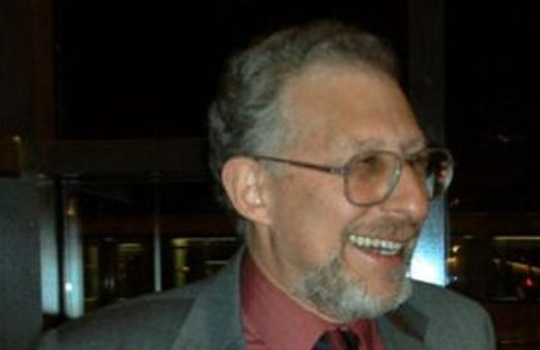The three magi, the three Kings of the East, or the three wise men (Latin magus, a wise man, Greek μάγος), are also known as the three Kings of Cologne, their bodies having supposedly been deposited in Cologne Cathedral in 1164 by Rainald of Dassel, who looted them from Milan after the Holy Roman Emperor […]
Jeffrey Aronson: When I Use a Word. . .Wise men pharmacology
